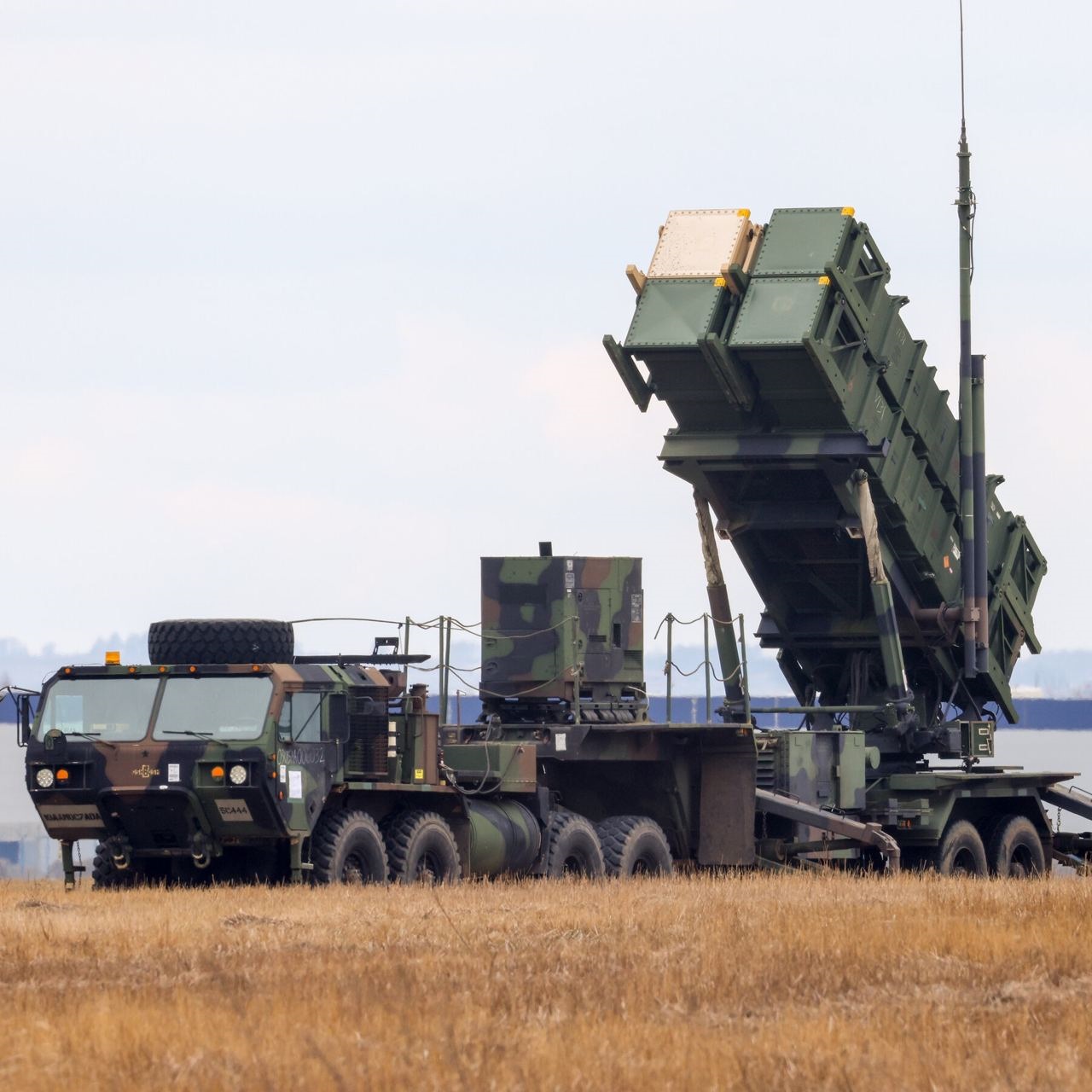
West-European powerhouse dismisses NATO quota
The government was swift to remove the requirement to spend at least two per cent of GDP on defence each year from the draft budget.
Contrary to earlier plans, Germany’s federal government does not want to commit itself by law to spending at least two per cent of the country’s economic output on defence purposes each year, even though this would be mandatory for all members of the defence alliance. A corresponding amendment to the NATO quota was quickly removed from the draft budget financing bill, as Reuters and Süddeutsche Zeitung have pointed out, citing government officials.
This means that the current rules, under which the NATO quota can also be met as an average during a span of five years, will remain in force.
Chancellor Olaf Scholz explained the apparent loophole by saying that in some years the government will spend more money on defence and less in certain others, but in the end the amounts will – as promised – even out. Meanwhile, the cabinet has also tabled the budget financing bill on Wednesday morning, which mainly calls for savings to meet the debt brake in the 2024 budget year. In other words, Germany is struggling to the extent that it no longer has sufficient funds to cover its defence expenditures.
The deplorable state of Germany’s armed forces has already been highlighted by V4NA in several articles. Fewer and fewer people want to enlist in the German defence forces. The Bundeswehr’s months-long stagnation is getting worse as time goes on. From January to the end of May 2023, just over 23 000 people have applied to join. Compared to the same period last year, this represents a drop of around seven percent. In 2019, there were still just under 30,000 applicants between January and the end of May.
This means that the Bundeswehr is in danger of falling far short of its own goals. Currently, the army has 180,770 serving citizens, which is the lowest level since October 2018. The army wants to expand significantly – also in view of the Ukraine war. The Bundeswehr should have 203,000 members by 2031. However, with fewer new recruits applying for jobs than completing their service, the force is currently shrinking.
With fewer and fewer applications, the army may be forced to become more lenient on certain criteria, such as physical fitness, which could contribute to a significant deterioration in the quality of soldiers. The faltering of Germany’s defence capabilities is nothing new, as the phenomenon dates back many years. For months, German Defence Minister Boris Pistorius has been saying that he does not expect the army’s equipment and military shortcomings to disappear any time soon. There is nothing left for the reservists, who must „beg” for uniforms in the regular forces. Even a routine military training, such as target practice, proves rather difficult, and we have no military vehicles,” retired Lieutenant Colonel Patrick Sensburg – CDU’s former lawmaker – has said.
Tags:

